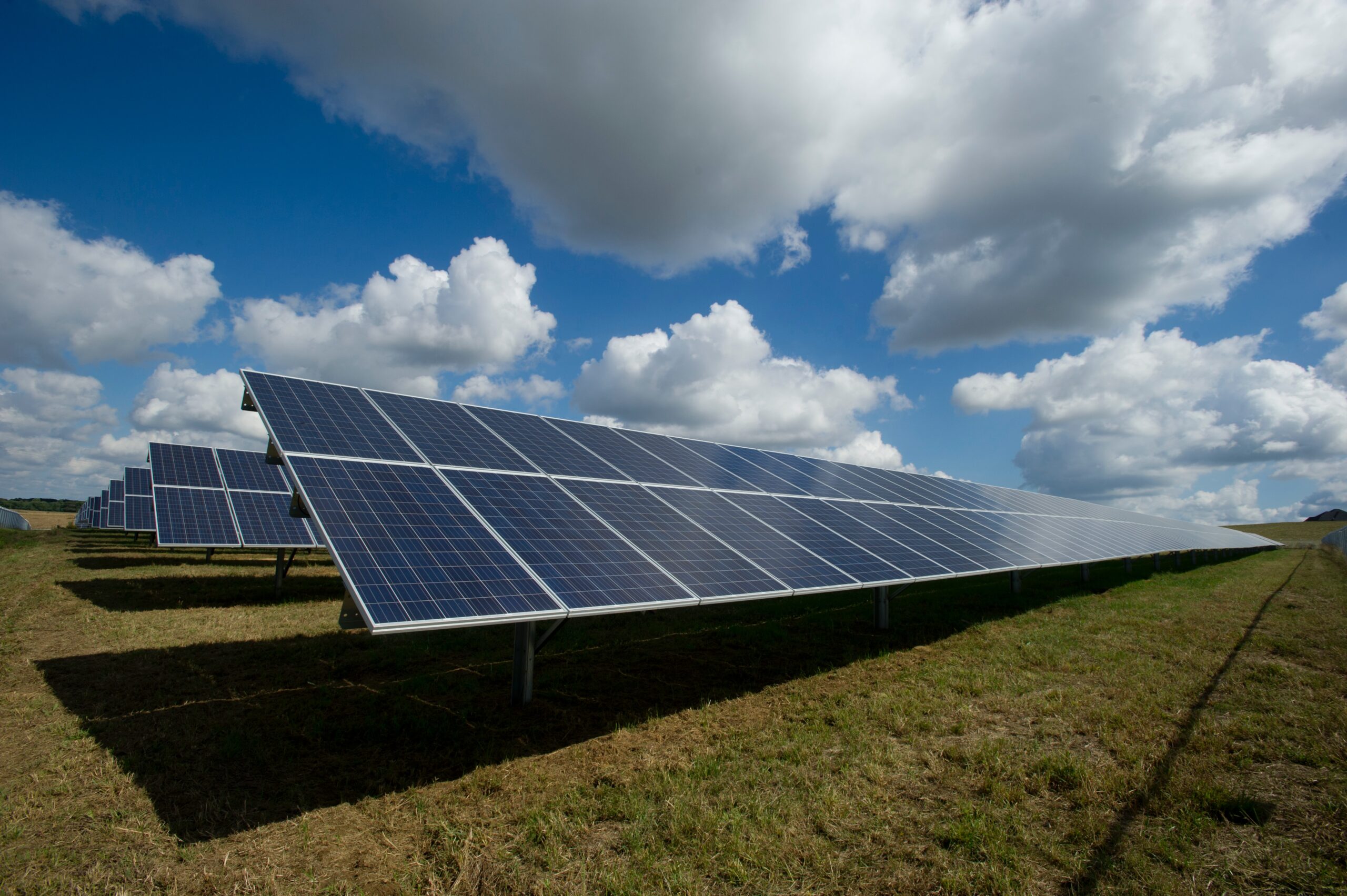Renewable energy is energy that is derived from natural resources, such as sunlight, wind, rain, tides, and geothermal heat. Unlike non-renewable sources of energy, such as fossil fuels, renewable energy sources are sustainable and can be replenished over time, promoting sustainable development. In this article, we will explore the benefits of renewable energy, including its positive environmental impact and contribution to mitigating climate change.
Environmental Benefits
One of the most significant benefits of renewable energy is its positive impact on the environment, promoting pollution remediation and reducing contamination. Unlike fossil fuels, renewable energy sources do not emit harmful pollutants into the air, such as carbon dioxide, sulfur dioxide, and nitrogen oxides. These pollutants contribute to air pollution, which can cause a range of health problems, including respiratory issues, heart disease, and cancer. By reducing emissions and improving air quality, renewable energy helps maintain a healthier Air Quality Index.
Additionally, renewable energy sources have a lower environmental impact in terms of water resources compared to non-renewable sources. Non-renewable sources like coal and natural gas require large amounts of water for extraction and processing, exacerbating water pollution concerns. On the other hand, renewable sources alleviate the strain on water resources, ensuring sustainable water management practices.
Economic Benefits
Apart from the environmental benefits, renewable energy offers significant economic advantages, contributing to sustainable development. The renewable energy sector creates jobs in manufacturing, installation, and maintenance of renewable energy systems like solar panels and wind turbines. Moreover, renewable energy sources are often cost-effective compared to non-renewable sources, encouraging a transition towards greener alternatives. As renewable technology improves, the costs associated with its implementation and maintenance continue to decrease, fostering economic growth and reducing reliance on traditional energy sources.
Energy Security Benefits
Another advantage of renewable energy is its contribution to energy security. Unlike non-renewable sources vulnerable to price fluctuations and geopolitical tensions, renewable energy sources provide stability and security for energy supplies. By diversifying energy sources and reducing dependence on foreign fuel, renewable energy enhances energy security and reduces the risk of supply disruptions.
Public Health Benefits
Furthermore, renewable energy has a positive impact on public health by reducing harmful emissions and enhancing environmental monitoring efforts. As renewable sources do not emit pollutants, they help prevent health risks associated with air pollution, ultimately reducing healthcare costs. By prioritizing eco-friendly practices and adopting renewable energy, communities can improve overall public health outcomes and create a healthier living environment.
Climate Change Mitigation Benefits
Lastly, renewable energy plays a crucial role in mitigating climate change, combating the greenhouse gases responsible for global warming. Fossil fuels are major contributors to greenhouse gas emissions, intensifying the need for pollution remediation and sustainable practices. By transitioning to renewable energy sources, we can reduce our carbon footprint and limit the release of greenhouse gases, actively working towards a more sustainable future. Carbon capture and storage technologies further aid in reducing emissions by capturing and storing CO2 produced by various industries.
Summary
In conclusion, the benefits of renewable energy are numerous and far-reaching. Renewable energy positively impacts the environment, economy, energy security, public health, and climate change mitigation efforts. With ongoing advancements in renewable technology and decreasing costs, the adoption of renewable energy sources is expected to increase in the future. By embracing renewable energy, we can foster sustainable development, reduce environmental impact, and create a greener and more prosperous future for generations to come.
